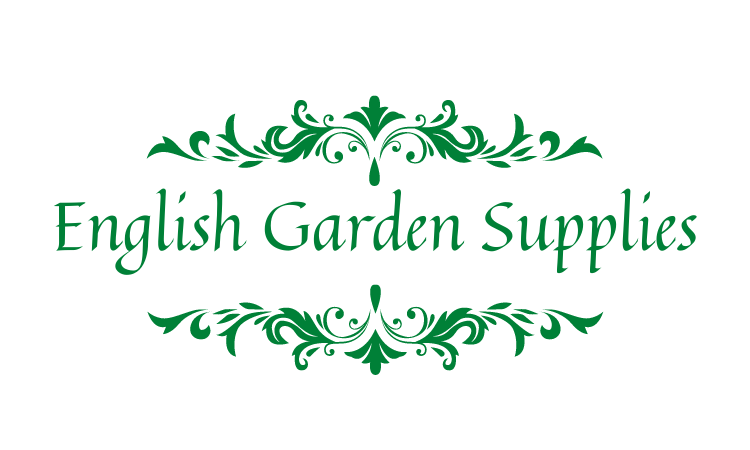The Birds and Bees of Propagating
Here are some great tips to propagate and “make perennial babies” without a greenhouse, growth hormone or any special tools!
GROWING FROM SEED
If you are like me, you’ve bought enough seed packets to plant up acres of gardens, but I have learned that when and where you sow makes all the difference.
Where is more important than when, as you can always “fake” the proper timing…(more on that later!) Not many seeds will propagate in a packed perennial bed where their parent was. The simplest, most ideal location to sow seeds is a sunny spot of moist soil with a thin layer of gravel as a mulch. The gravel keeps the soil evenly moist while keeping the seedlings dry….a very important combination in seed propagation! I happen to have a pea graveled area among my apple trees which works perfectly, (although I have to admit, I have to tip toe between the babies in the spring). Using a patch of ground versus using a pot or nursery tray keeps watering to a minimum, but all will work just fine. Just sprinkle seeds from packets or those collected from your perennials on to the gravel and keep the soil damp….that is it! I do not prick out, pot up or bother with them at all! I let the seedlings get 3-4” tall when I pull them up by hand and transplant them to my meadow, perennial beds and pots. The gravel allows the seedlings to be pulled up as a bare root..making it easier to plant anywhere you can stick a hori hori!
Lavender, geranium brookside, verbena bonariensis …all from seed!
When using your own perennials that have gone to seed, there are some plants that have very tiny seeds or don’t have obvious seed pods. These, such as lamb’s ear, catmint, and lady’s mantle, I simply use the stalks I cut back when I deadheaded them and lay them down as mulch in a sunny, bare spot in a flower bed. The seeds drop and propagate. This method does not have near the success rate as the gravel nursery does, but I can never pass up a chance for a seedling or 2! If you use this “mulch” on your gravel nursery, do not leave it though the winter as it reduces the ability of the gravel to keep the seedlings dry in the spring.
So you have your gravel nursery, collected seeds, bought a few seed packets…when should you sow them? Seed packets can be confusing with directions that include worrying about when your last frost will be, inside and outside propagation, when to transplant, etc., etc. Of course, vegetables are a whole other category with respect to seed propagation and worthy of their own journal entry, but as far as perennials and annuals go, I follow one rule: Most seeds need to feel cold before they will germinate. To keep it simple, sow in the fall when everything has gone dormant..you want the seeds to germinate in the spring. For all those seed packets you bought in the spring after any chance of a cold spell, you can “fake the winter” by placing the seeds in the refrigerator for a couple of weeks then sowing! I know there are some annuals that require late winter inside sowing and transplanting out in spring, (not needing a cold spell). I simply sow these in the spring onto the gravel and take my chances…with pretty good results!
Seeds to shake on your nursery bed in the fall:
Foxglove, columbine, lavender, verbena bonariensis, wild ageratum, anise hysop, chamomile, lobilia. catmint, russian sage, caryopteris, geranium, chives, viola……well, nearly ANY perennial including perennial herbs and many annuals including forget=me=nots, borage, alyssum,
Around my roses, I sow annual seeds in the spring AFTER I place my compost to ensure they get plenty of sun to germinate. These companion annuals complement the roses and hide any black spot! Here I have borage with Jude the Obscure.
GROWING FROM CUTTINGS
I have a really hard time composting any “potential” plant…and that would include rose, shrub and tree prunings! Any time I prune or trim anything, I attempt to grow more! I take the longest of the clippings, remove any leaves, ( except with box or yew where I just remove leaves or needles on the part going into the ground), trim off the top tip and push it into the ground at least 1/3 of its length. I keep them in the shade with damp soil…some sun is fine as long as the soil remains damp. I have spots all over my garden that have been perfect for rooting, as well as a perfectly placed pot that I root a half a dozen roses every year. I do not bother with rooting hormone, plastic baggies or water bottles, and many times do not even strip the top leaves! Spring time new shoots work the best, but I can’t help pushing trimmings in all summer! I even had rose of sharon twigs I used to support my peas root and flower in my kitchen garden!








